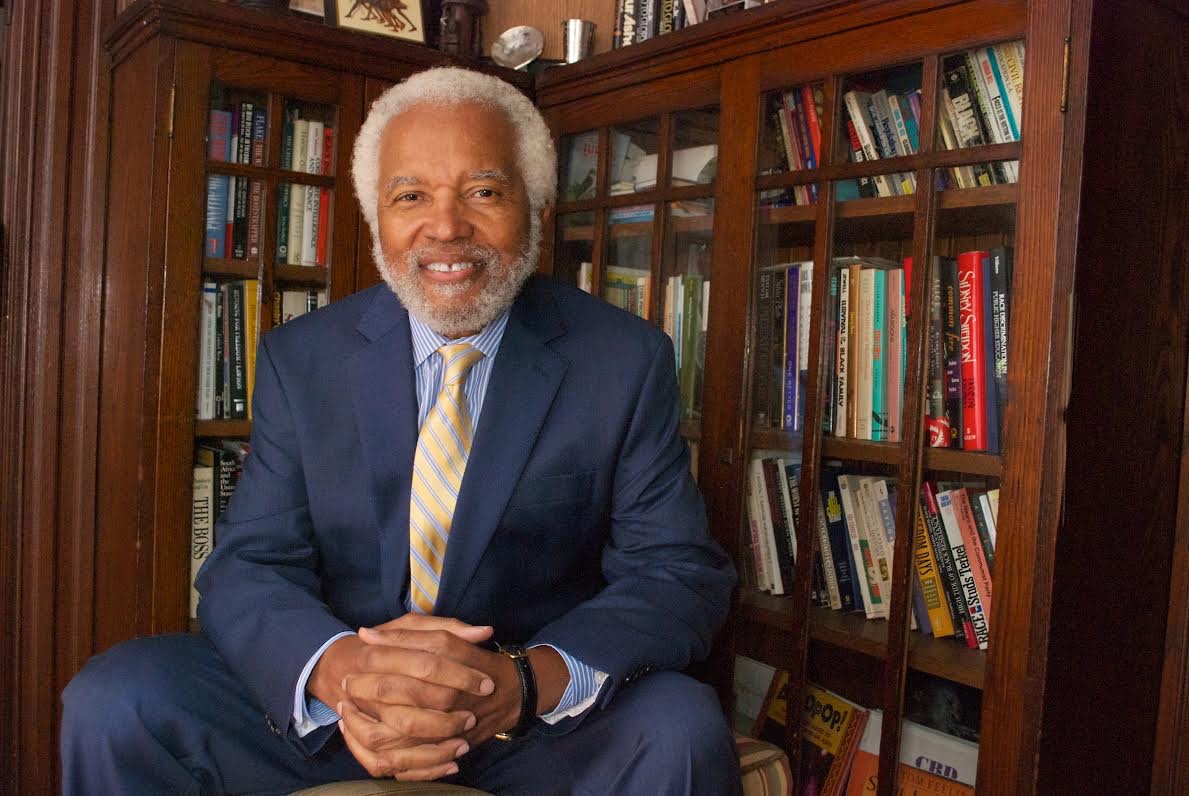About
MISSION
Our mission is to develop a powerful multimedia interactive archive to teach the lessons of African American struggle for empowerment in the nation’s major urban centers in the North, focusing on the era of the Civil Rights Movement and beyond. “The North” is a new educational tool for all people, but primarily for youth in grade school through college and beyond, to enable research and to preserve the record of those people who were “foot soldiers” in the Civil Rights, Black Power and other Movements in the North. It is a means to teach social justice issues through history of the African American struggle for power, and keep these stories alive for generations to come.
Vision
We envision The North as a multimedia, interdisciplinary, and interactive digital archive that:
- Collects the stories of resistance in urban centers, primarily in the North, remembering that the storytellers grow older each day; and the time is now if we want to hear their stories.
- Serves as a repository for the accumulation of written, oral and visual evidence that reveals the goals, objectives, strategies and tactics of the many phases of the struggle for freedom by black people and their supporters in the urban North, primarily in the 1960s and 70s.
- Shows the influence of Civil Rights Movement of the South, on such later Movements as Black Power, the Women’s Rights Movement, the organizing efforts to elect the first wave of black mayors and other black politicians in the 1970s; and the subsequent election of President Obama.
- Provides a vehicle to introduce the leaders, but also the stories as told by the “foot soldiers” of the Northern and urban experience.
- Helps researchers and students of history to develop a critical theory of race and class as it played out in the challenges, successes, and failures of urban black politics based on the stories and analysis of northern and urban movements for black empowerment in the period stretching from the 1950s to the present, but with particular emphasis on the 1960s and 70s.
- Serves as a resource for the teaching of black political history at the college and grade school level, in collaboration with the faculty of Rutgers Newark and the Newark Public Schools.
- Serves as a resource for a new generation of activists and advocates engaged on the front line of struggle, such as Black Lives Matter.

These stories must be told - Junius Williams
But then one day we looked around and realized that many of our friends (and enemies) who made that journey, or similar journeys, were no longer with us….to laugh with, relive old conquests, or just tell lies. Too many have moved to places unknown, gotten sick, or passed on to the next life.
So many of our collective stories go untold.
These stories must be told, and hence the evolution of this project entitled, The North: Civil Rights and Beyond in Urban America.
